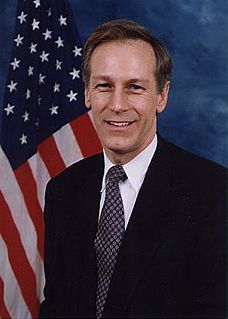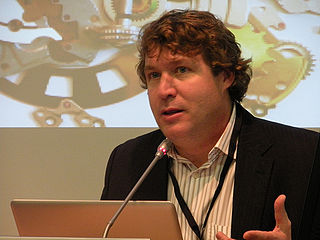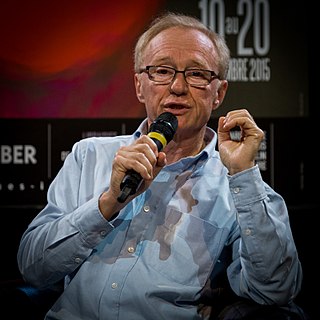A Quote by Ben Goldacre
Most bloggers have no institutional credibility, and so they must build it, by linking transparently, and allowing you to easily double check their work. But more than anything, because linking sources is such an easy thing to do, and the motivations for avoiding links are so dubious, I've detected myself using a new rule of thumb: if you don't link to primary sources, I just don't trust you.
Related Quotes
The UN stopped using Chalabi's information as a basis for conducting inspections once the tenuous nature of his sources and his dubious motivations became clear. Unfortunately, the same cannot be said for the mainstream US media, which give prominent coverage to sources of information that, had they not been related to Hussein's Iraq, would normally be immediately dismissed.
The real power of this book comes from its documentation from major sources. In fact, you will quickly discover that most of my documents about Jewish Supremacism are from Jewish sources. They argue more convincingly for my point of view than anything I could write. I encourage you to go to the sources that I quote and check them out for yourself. In this book I take you along with me on a fascinating journey of discovery in a forbidden subject. I urge you to courageously keep an open mind while you explore the topics ahead, for that is the only way any of us can find the truth.
I had a checklist in my mind of the things that make a biography practical. Is the source material centralized? Is it easy to find? Are there new primary sources that no one has ever had access to? Are all the sources in English? If they're not, are they in a language that you speak? And I realized that not only is Armstrong the most important figure of Jazz in the 20th Century, but he's a perfect subject for a biography for all of these reasons. I had always loved his music and I had been fascinated in him as a personality. And that's really the key to writing a biography.
Will biofuel usage require land? Absolutely, but we think the ability to use winter cover crops, degraded land, as well as using sources such as organic waste, sewage, and forest waste means that actual land usage will be limited. Just these sources can replace most of our imported oil by 2030 without touching new land.
For me, the whole idea of the radically new is tied to a close reconsideration of older sources. I like to give myself over to those sources, as points of origin, in order to bring things forward. My approach requires me to internalize my sources as much as possible in the hope that new themes might emerge. The material has to be internalized in order for it to live again. Ultimately, paintings reveal themselves on the basis of what they are. They are inseparable from the physical process that goes into their making.






































